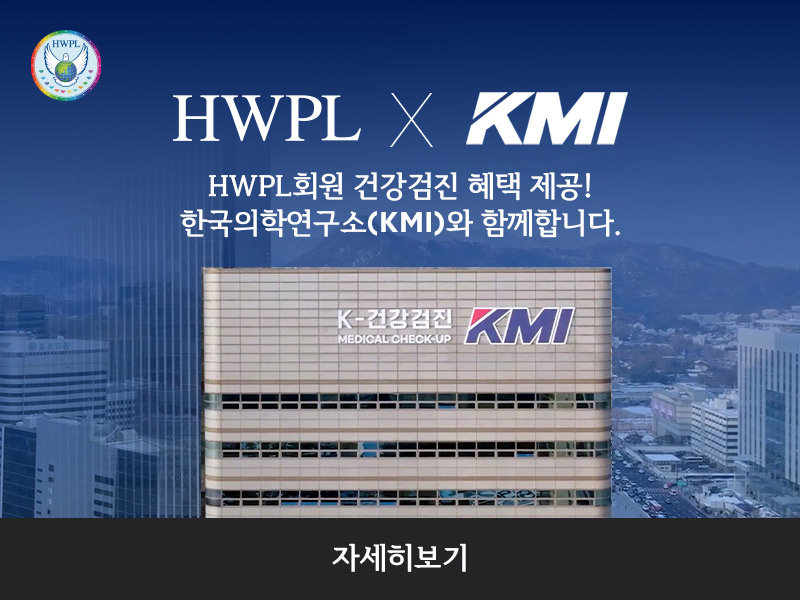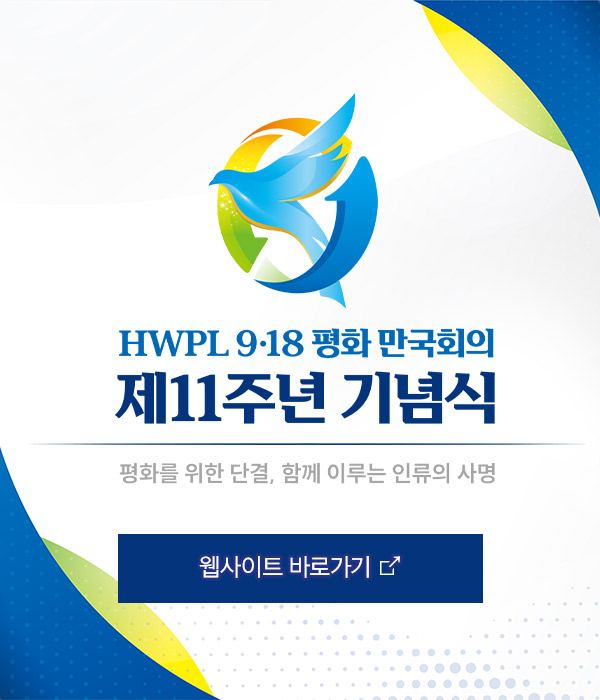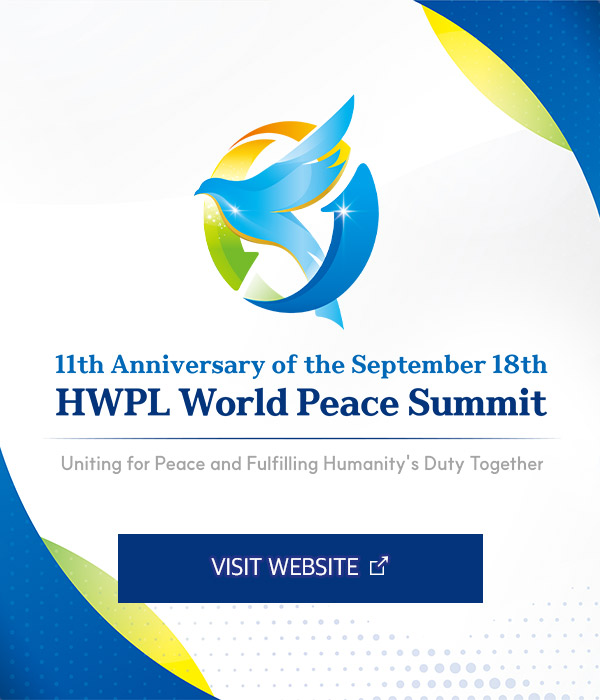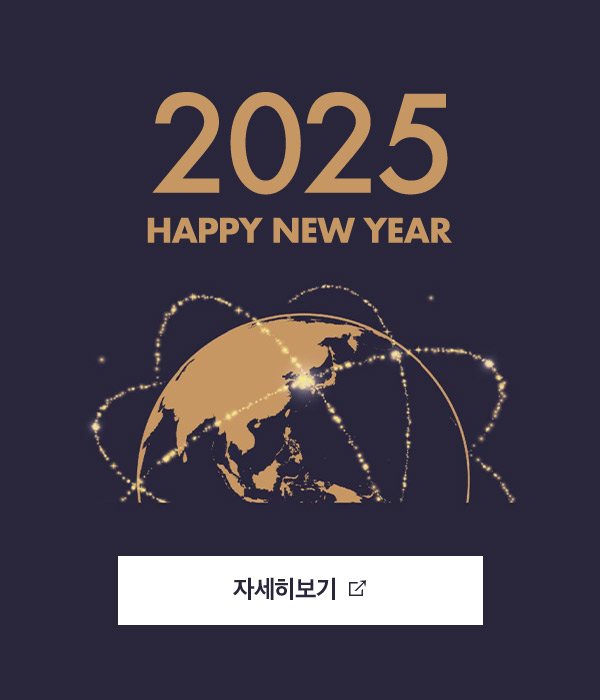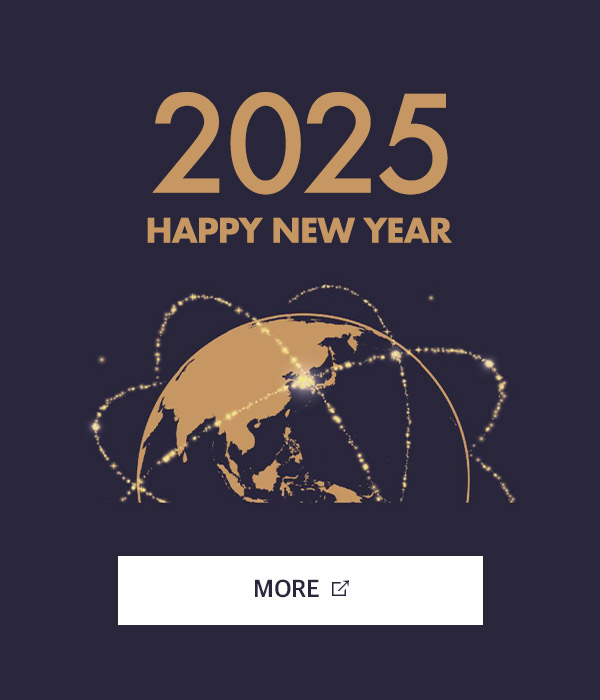HWPL International Religious Peace Academy

On September 18, religious leaders from around the world gathered at the 11th Anniversary of the September 18th HWPL World Peace Summit to hold a session of the “HWPL International Religious Peace Academy (IRPA),” which conveyed the message, “Let us prevent conflict by learning from and understanding one another.”
The IRPA first began as offline lectures in Korea in 2023, attracting over a thousand participants at each session. As of 2025, it has brought together 2,300 people from 100 countries, with a cumulative total of 9,445 participants from 108 countries. This demonstrates a growing trend of religious leaders and believers worldwide uniting with one heart toward peace.
In my ministry in Cagayan de Oro and across Mindanao, I have seen both the pain of conflict—families displaced, mistrust between Christians and Muslims, and the wounds of division—and the hope that dialogue brings.
On December 3, 2023, a bombing struck Marawi City, Mindanao. Through HWPL’s mediation, a dialogue was held in Cotabato in January 2024 between Mindanao bishops and Islamic leaders, resulting in a joint statement that helped prevent violence and preserve peace in BARMM.
Even small conversations have opened doors to reconciliation. The Mindanao Peace Agreement affirmed this truth: we can choose dialogue over violence.
Today, that work continues. HWPL has expanded its efforts beyond agreements to engage youth, women, educators, and most especially through the Religious Peace Academy (RPA). I have been privileged to serve as a lecturer here, where leaders of different faiths study their scriptures side by side—to deepen understanding, discover shared values, and strengthen bonds of peace.
In the Philippines, through the IPYG and HWPL peace clubs, students also join the RPA in their schools. Afterward, they experience Youth Peace Camps, visiting both Christian and Islamic places of worship to put their learning into practice. The RPA empowers both leaders and youth to grow together, ensuring that the next generation carries forward the mission of peace.
– The Most Rev. Antonio J. Ledesma, Archbishop Emeritus of Cagayan de Oro, Philippines
The session began with congratulatory remarks from the Most Rev. Antonio J. Ledesma, Archbishop Emeritus of Cagayan de Oro, Philippines, followed by an introduction to the HWPL International Religious Peace Academy (IRPA), special presentations on Buddhism, Islam, and Confucianism, and a special lecture on Christianity. Religious leaders from each tradition shared the depth of their faith while learning from one another’s scriptures. Through this exchange, they confirmed that the path of learning together and living with mutual respect is the very image of peace that humanity must create and the vision for future religious integration.

First, Ehsan Mirza, Imam of Daejeon Islamic Center, delivered a presentation on the theme “The Teachings of the Qur’an for Peace and an Invitation to Interreligious Understanding.” Imam Mirza stated that the International Religious Peace Academy (IRPA) is now growing significantly as a global peace platform, encompassing not only religious leaders but also political and social leaders from various countries. He explained that leaders from major religious denominations including Buddhism, Christianity, Hinduism, Islam, and Sikhism are engaging in profound dialogue and lectures while discussing their scriptures. He further noted that recently, diverse social leaders such as legal professionals, educators, youth, women, and members of the media have joined, establishing IRPA as a large-scale international event with participation from governments and public institutions of various countries.
He also cited the Qur’anic teaching that “there is no compulsion in religion” (Qur’an 2:256), emphasizing the importance of interreligious understanding. He stated that this principle of Islam, based on freedom of faith, diversity, and respect for other religions, demonstrates that all humanity can become one.

Kim Boo-eoun, Executive Vice President of the National Federation of Confucian Scholars, presented on the theme “Solidarity and Sharing: Humanity’s Mission for Peace — The Wisdom of the Confucian Scriptures.” He explained Confucian thought, which teaches that when one first cultivates and rectifies one’s own body and mind, the family becomes harmonious; when the family is well-governed, one can govern the nation; and only after the nation is upright can there be peace under heaven. He appealed that we must first govern our own minds with peace.

Beop-ryun, Abbot of Geumdangam Temple of the Jogye Order of Korean Buddhism, presented on “The Common Truths in Buddhist Scriptures and the Path to Harmony.” He emphasized that since all existence is interdependent, practicing an altruistic attitude and compassion is indispensable in life. He particularly highlighted that in interdependent relationships, it is important to understand and know one another, and to this end, we must learn the scriptures of each religion.

In the special lecture on Christianity, Chairman Lee Man-hee, who serves as the Chairman of HWPL and the Chairman of Shincheonji Church of Jesus, participated as a speaker and shared insights on Christian scriptures. The diverse religious leaders in attendance spent time discovering anew the universal values and meanings contained in Christian scriptures.
Through this session, participants discovered the common values of peace and harmony that each religion fundamentally pursues. On the 20th, special lectures on Buddhism, Confucianism, and Islam were held in various regions. Notably, the special lecture on Islam was held at Daeyaksa Temple of the Yeorae Order of Korean Buddhism, carrying the special significance of learning Islamic scriptures in a Buddhist temple. This demonstrated that practical interfaith exchange and harmony through HWPL’s religious peace initiatives are leading to concrete results.
HWPL plans to continue taking the lead in spreading a culture of peace based on interreligious dialogue and education through collaboration with religious leaders around the world.







